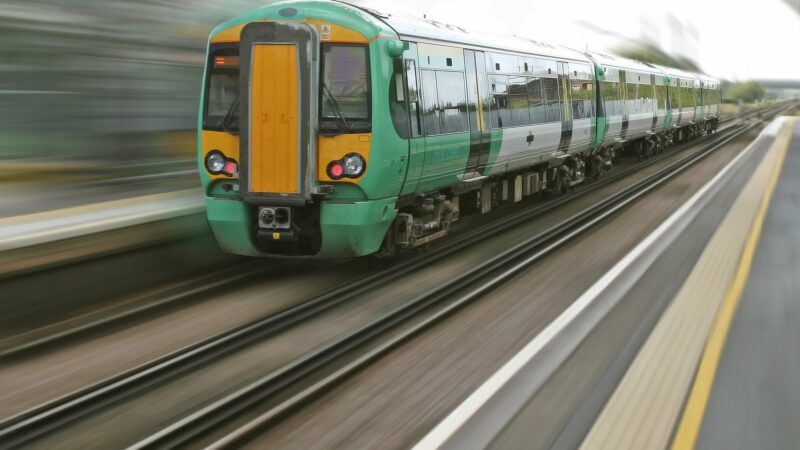
Labour has warned that the Conservatives are “making rail travel unaffordable” as a 1.6% increase in rail fares is announced for January next year adding around £100 to the cost of many annual season tickets.
Responding to an annual price rise across the majority of regulated tickets announced today, the party has highlighted that average fares have increased by 42% since 2010 and have risen two and half times faster than wages.
Labour pointed out that some will be paying £3,350 more to travel to work than when the Tories came to power, and that the highest increase – of £3,355 – is for the Virgin Trains season ticket between Birmingham and London Euston.
Labour’s Jim McMahon said: “Decisions taken by government ministers are making rail travel unaffordable and discouraging people back on to the network which will be vital for getting the rail sector on a stable footing.”
The largest percentage increase identified was between Thame Bridge Parkway near Walsall and Nuneaton, where the price of an annual season ticket in January 2020 will have risen by 61% since 2010.
The Shadow Transport Secretary added: “The truth is that our fragmented, privatised railway drives up costs and leaves passengers paying more for less.
“Labour has long argued that public ownership of the rail network will provide better value for the taxpayer and for passengers, the government must stop paying the profit of the private rail companies and bring the network in-house.”
Price increases come into force every January for regulated fares and the rise is linked to the previous July’s retail price index (RPI) measure of inflation – published by the Office for National Statistics today.
TSSA general secretary Manuel Cortes has said that the government should rule out the increase in 2021 due to the Covid crisis, and called on ministers to “come clean” and declare that they are taking railways back into public ownership.
Cortes said: “Since the pandemic hit our shores, our railways have kept key workers and vital supplies moving. There can be no doubt how vital our rail infrastructure is for the wellbeing of our nation and for our efforts to decarbonise our economy.
“With that in mind our industry needs a new start, which puts passengers not profits first. Let’s not forget that last month the ONS also reclassified train companies in England, Wales and Scotland as public bodies.
“This is the moment for government to come clean and tell us that not only will there be no increase in fares but that they are taking our railways back into public ownership.
“We simply must get more people to use our railways for leisure travel as there is very likely to be a drop in commuter numbers as we feel the bite of what is expected to be a very deep recession and also increased home working taking hold.
“This means putting in place a new affordable and more flexible fare structure which serves the needs of changing working patterns and which strongly promotes people using our railways for leisure purposes.”
The RPI is higher than the more commonly used consumer price index (CPI). RPI includes the costs of housing, including mortgage interest costs and council tax for example, while CPI does not.
The 1.6% RPI figure for July published today compares to 1% for the CPI measure of inflation for the same month, which rose from 0.6% in June despite the ongoing economic impact of the coronavirus pandemic.




More from LabourList
Tom Belger column: ‘Why is Labour making migrant exploitation easier?’
Ashley Dalton resigns as health minister for cancer treatment
Paul Nowak column: ‘Labour must focus on the basics’